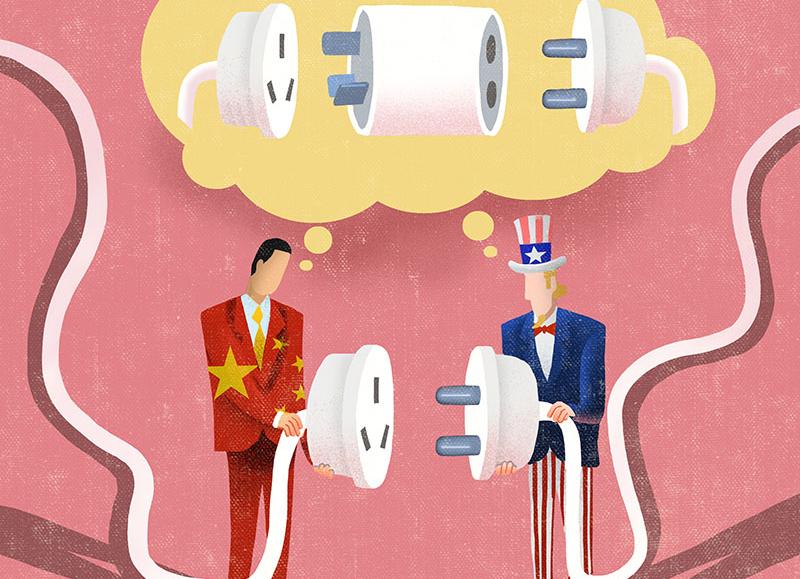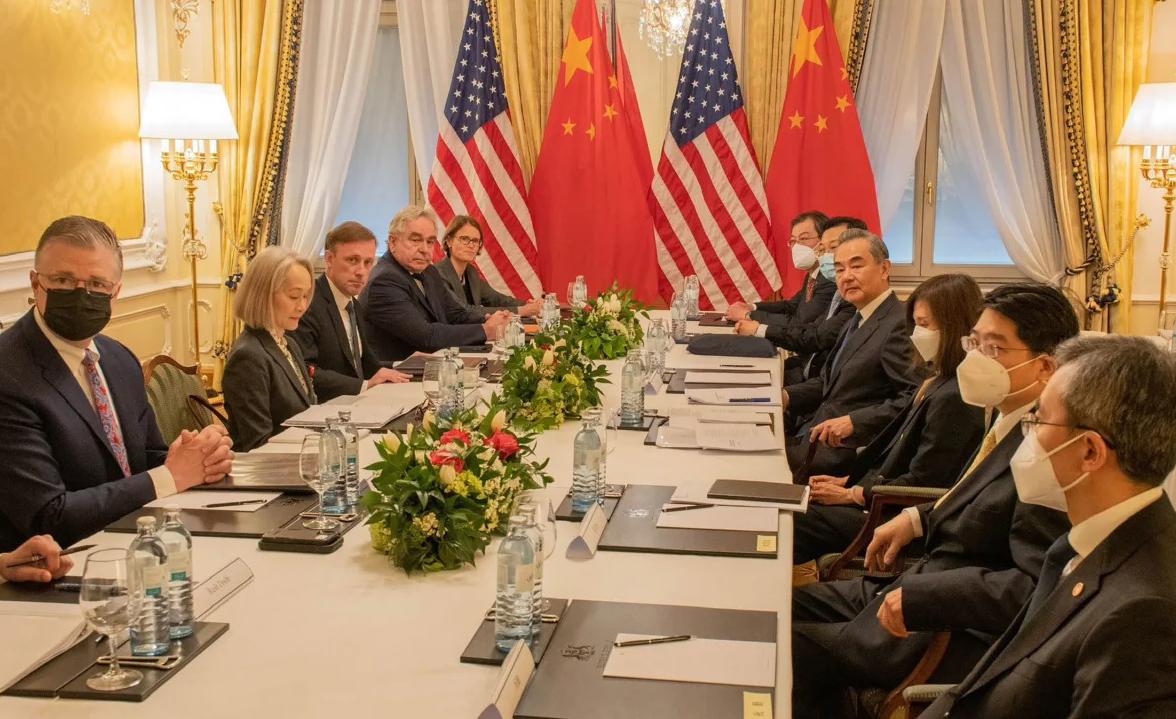Brian Wong, Assistant Professor in Philosophy and Fellow at Centre on Contemporary China and the World, HKU and Rhodes Scholar
May 31, 2023
It’s no hidden secret that U.S.-China relations have been on the rocks in recent memory. Though both sides are willing to go through the motions of performative summits, the reality of policy taking shape on both sides belies the aggression coming from leadership from both countries.
Doug Bandow, Senior Fellow, Cato Institute
May 31, 2023
President Joe Biden has expressed optimism about the U.S.-China relationship. But regardless of whether his positive outlook is warranted, disengagement is “not the way out.” Washington and Beijing must find a new way to get along.

An Gang, Adjunct Fellow, Center for International Security and Strategy, Tsinghua University
May 24, 2023
This needs to happen if the two great powers expect to reconcile. But it won’t be easy. The Biden administration has continued to damage China-U.S. relations, even as it asks China to be restrained. China may find it increasingly difficult to trust the United States.
Wu Zurong, Research Fellow, China Foundation for Int'l Studies
May 19, 2023
The United States is playing a two-faced game: It says all the right peaceful words but then does things that undermine peace and understanding. The recent restart of high-level talks raises hope for renewed cooperation — and that should be welcomed even if it’s limited at first.

David Shambaugh, Gaston Sigur Professor and Director of China Policy Program at George Washington University, Distinguished Visiting Fellow at Hoover Institution of Stanford University
May 18, 2023
After three months without high-level dialogue or contacts between the American and Chinese governments, the past week saw a flurry of direct exchanges. The talks were meant to stabilize strained ties, put a floor under the deteriorating relationship and work out a road map for future discussions and exchanges. While prudence is warranted, there can be some solace taken in the fact that senior officials are at least talking directly again.

Dong Chunling, Deputy Director, Office of the Center for the Study of a Holistic View of National Security, CICIR
May 17, 2023
The Austria meeting between China’s Wang Yi and America’s Jake Sullivan has injected positive energy into China-U.S. relations, not only for both major economies but also for the global economic recovery. It kept the door open for future dialogue and moved a step closer to stability.
Chen Jimin, Guest Researcher, Center for Peace and Development Studies, China Association for International Friendly Contact
May 16, 2023
China and the United States are showing early signs of rapprochement on major strategic issues, offering hope for positive movement in the future. But a gap remains between the Biden administration’s rhetoric and its deeds. Practical action to fulfill policy commitments is a crucial first step toward trust.
Xiao Bin, Deputy Secretary-general, Center for Shanghai Cooperation Organization Studies, Chinese Association of Social Sciences
Apr 28, 2023
The deepened military relations between China and Russia was inevitable in response to challenges from the West. Conflict does not arise simply over current security considerations. It may be triggered by concerns over the changing international balance of power.
Leonardo Dinic, Expert in Geopolitics and International Business, the Future of Work, and Emerging Technologies
Apr 19, 2023
Weaponized interdependence, through which powerful states leverage their position in the global network to achieve strategic goals, is increasingly relevant in the U.S.-China relationship. The U.S. uses its market power and network of alliances to exclude adversaries from the global dollar-dominated system, but this approach has also accelerated the process of global multipolarity and created opportunities for other countries to create alternative ecosystems.

Zhang Tuosheng, Principal Researcher at Grandview Institution, and Academic Committee Member of Center for International Security and Strategy at Tsinghua University
Apr 14, 2023
Any easing of China-U.S. relations will have twists and turns, and material improvement is unlikely to come soon. But both sides can learn from America’s Cold War standoff with the USSR, when mechanisms were built that avoided war. That process can be followed again.
Back to Top

- China-US Focus builds trust and understanding between the U.S. and China through open dialogue among thought leaders.
- Our Offerings
- Topics
- Videos
- Podcasts
- Columnists
- Research Reports
- Focus Digest
- Stay Connected
-
Thanks for signing up!
- Get the latest stories from China-US Focus weekly.